
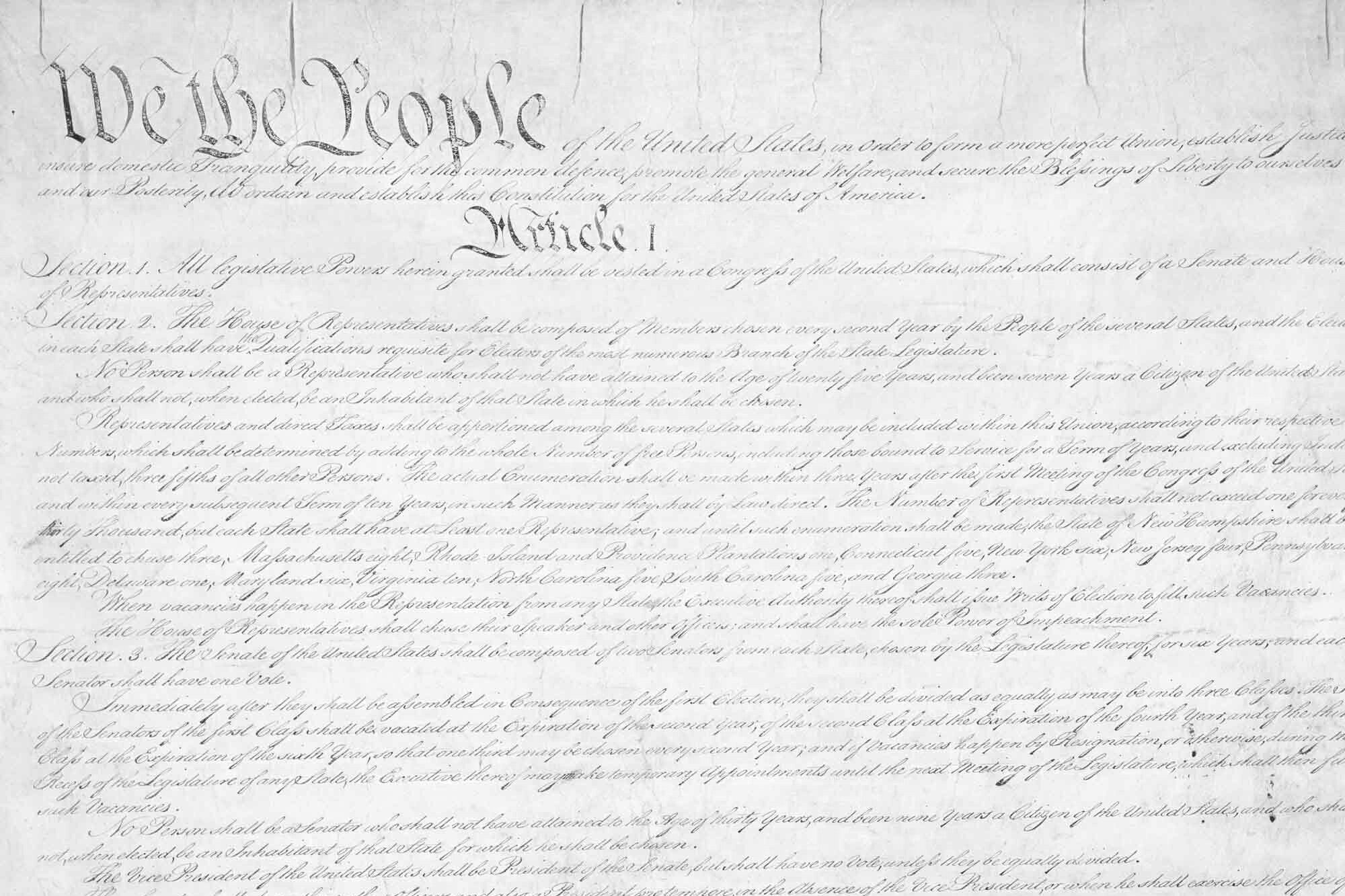
The Constitution of the United States
The opening phrase of the preamble, “We the People,” spoke volumes regarding upon whose authority the Constitution rested and suggested the unanimity of country and purpose that this new Constitution would create. It was written by Gouverneur Morris, a delegate from New York, and his eloquent words speak for themselves.
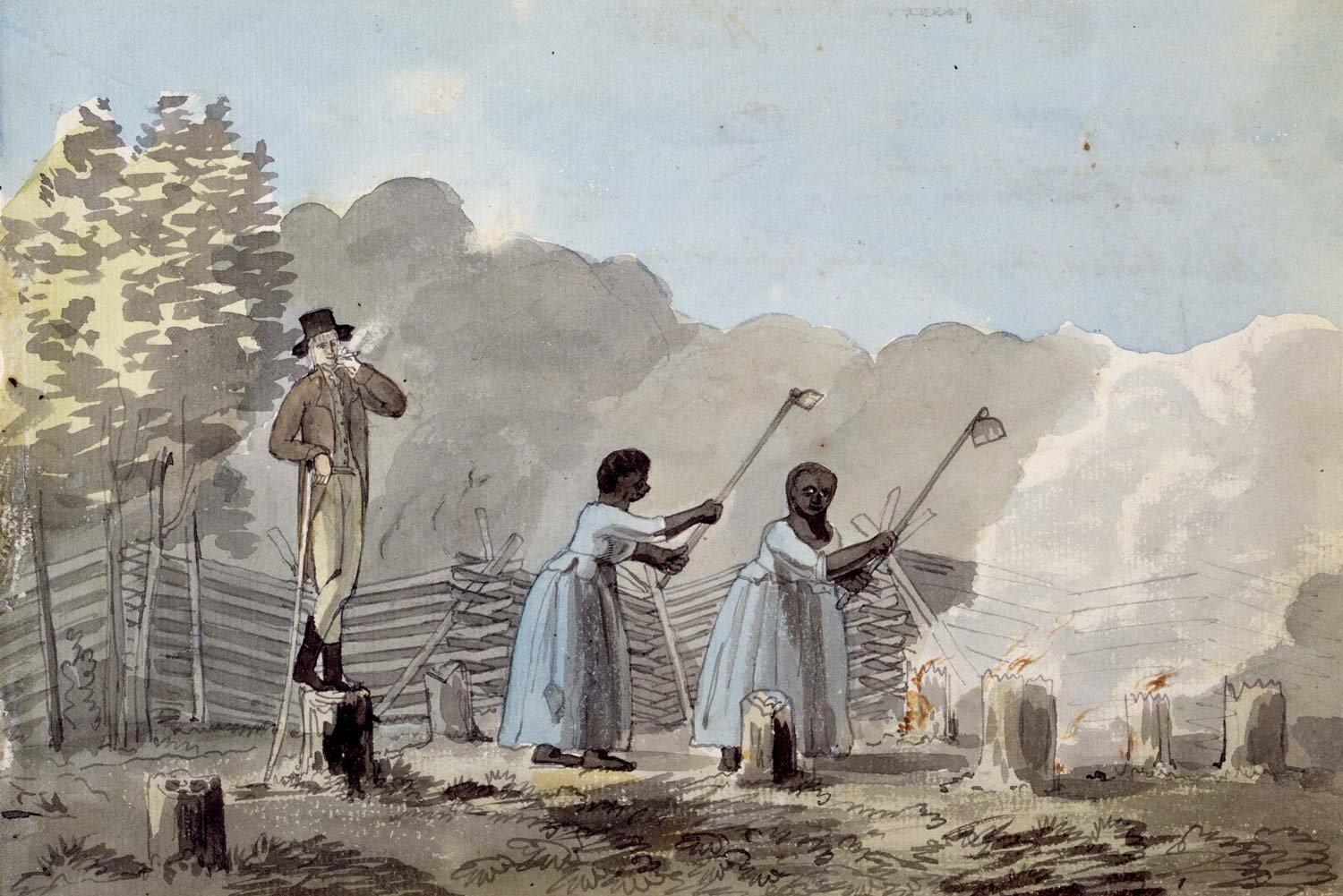
The Slavery Question at the Constitutional Convention
When delegates met at the Constitutional Convention in Philadelphia in the summer of 1787, one of the most troublesome questions was what to do about slavery. Not whether it should be abolished, because even the most vehement abolitionist recognized this was neither the time nor the place for that fight. The issues to be decided were how would slaves be counted in the census and whether the states or the central government would control the institution, and what that control would look like.
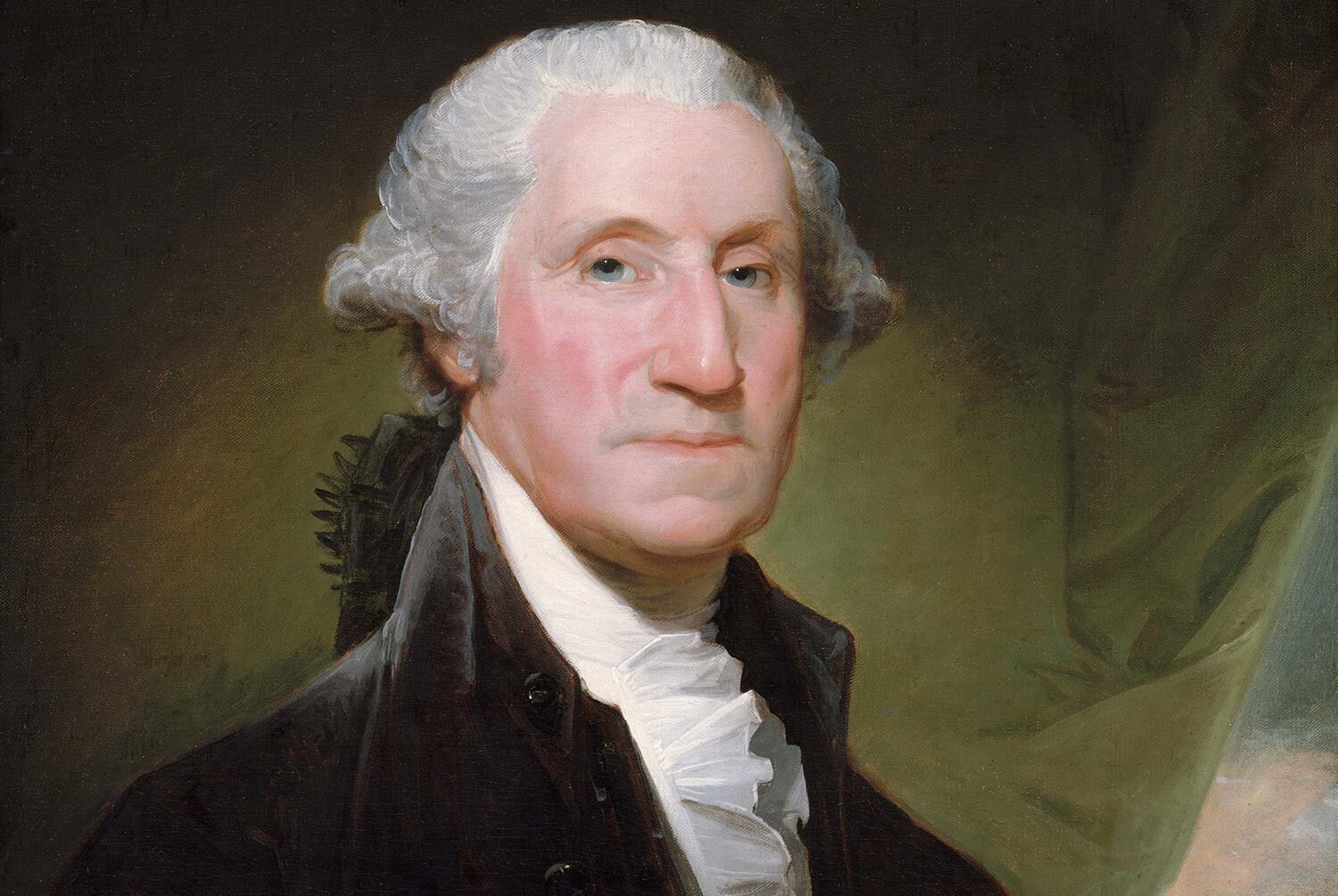
Key Debates at the Constitutional Convention
On May 29, 1787, Edmund Randolph, Governor of Virginia, rose and introduced fifteen resolutions to the Federal Convention. Known to history as the Virginia Resolves or the Virginia Plan, Randolph’s proposal, which was probably drafted by James Madison, was an outline for an entirely new national government. It called for a national executive, a two-house national legislature, and a national judiciary.

The Federal Convention Opens
In the years immediately following the successful conclusion of its war for independence, the United States struggled to survive under the Articles of Confederation. The nation’s leaders knew something had to be done to fix its many issues for this great experiment in democracy to continue.
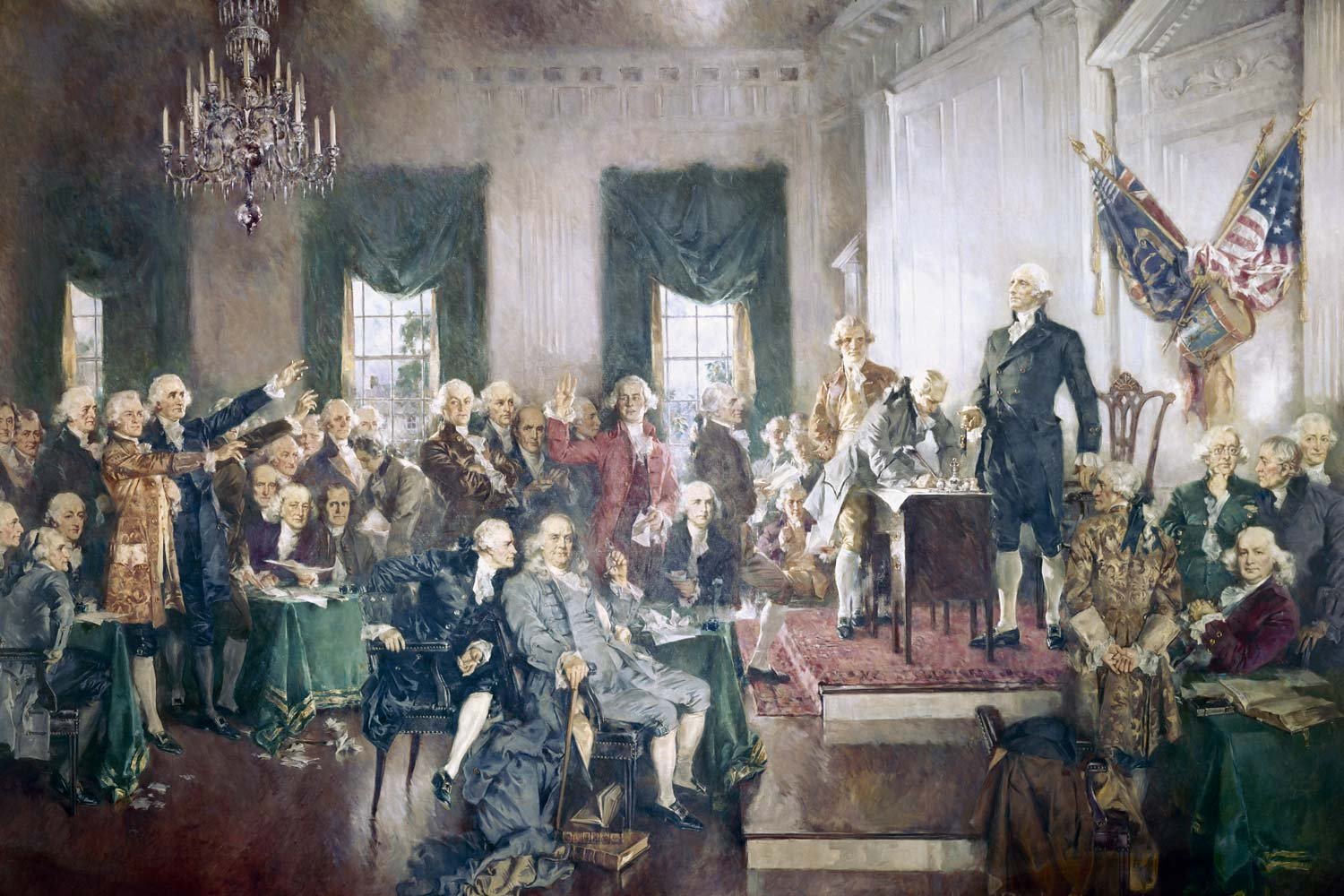
Ben Franklin’s Sage Advice Influences Constitutional Convention
In 1785, Franklin, his work done in France, was recalled to America by Congress. He arrived in Philadelphia that September, revered as one of our nation’s greatest patriots. Despite his need for a well-deserved rest, he was kept continually busy receiving dignitaries, wrapping up loose ends from his eight-year diplomatic mission, and with what would prove to be one final opportunity to help his country.
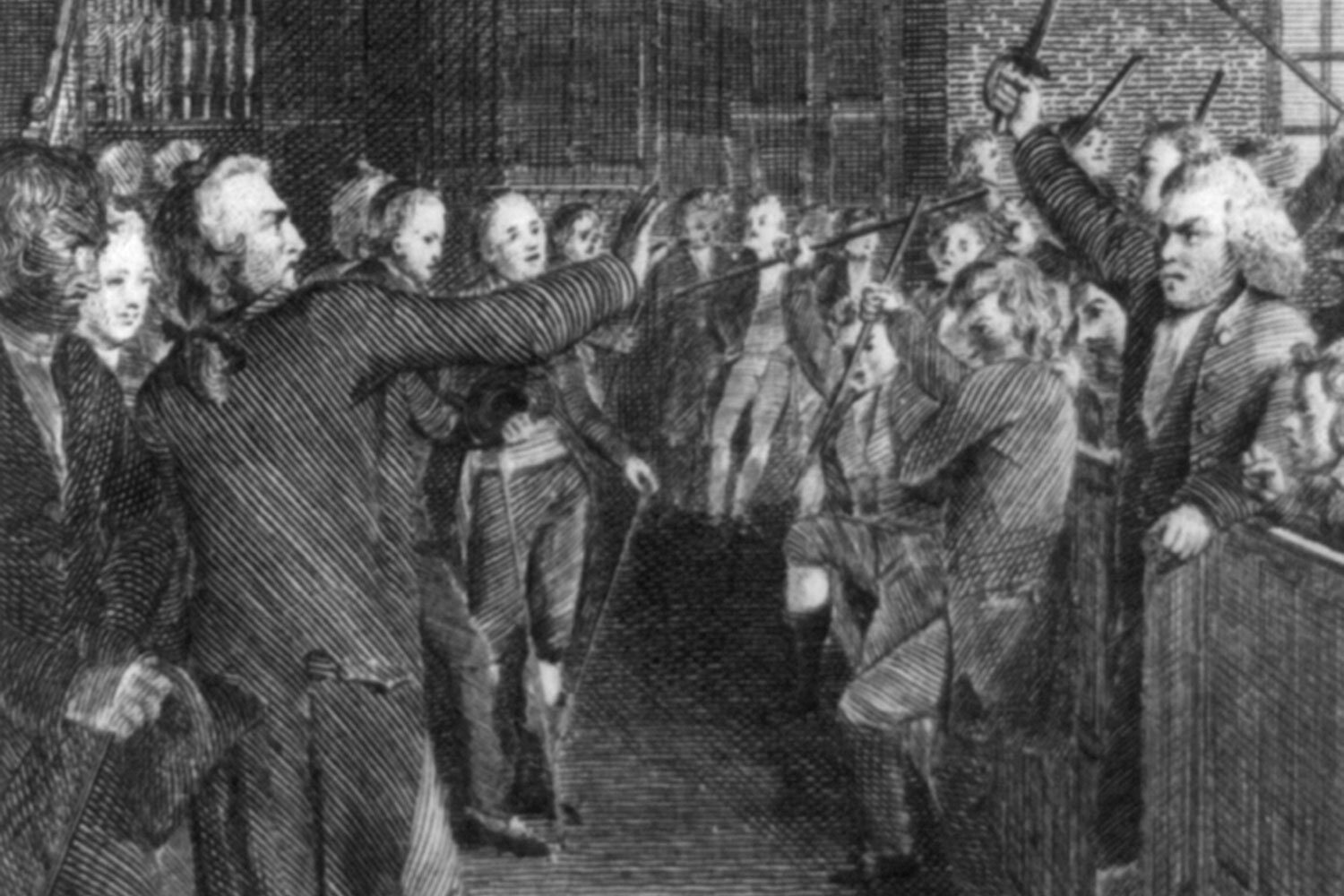
The Bill of Rights: The Tenth Amendment
The Tenth Amendment is one of the true foundational amendments of our Constitution. It reserves for the states all rights not granted to the national government by the Constitution, guaranteeing a federalist type of administration.

Beyond the Bill of Rights: Protections Extended by the Ninth Amendment
The Ninth Amendment is one of the two backbone amendments of our Constitution, the Tenth being the other one. It is the amendment that reserves for the people all rights not expressly granted to the government, whether those rights are enumerated or not.

Avoiding the Stocks: How the Eighth Amendment Guarantees Humane Treatment, and Other Protections for the Criminally Accused
The Eighth Amendment helps make our criminal justice system more just for those accused or convicted of criminal behavior. It is comprised of three rights, each of which plays a part in protecting Americans from a harsh and overly ambitious government.

Can the Court Serve as Judge and Jury? Not According to the Seventh Amendment
The Seventh Amendment formally established the rules governing civil trials, as opposed to criminal cases. Its main purpose was to distinguish between the responsibilities of the courts which decided the meaning of laws and those of juries which decided matters of facts as presented in a case.
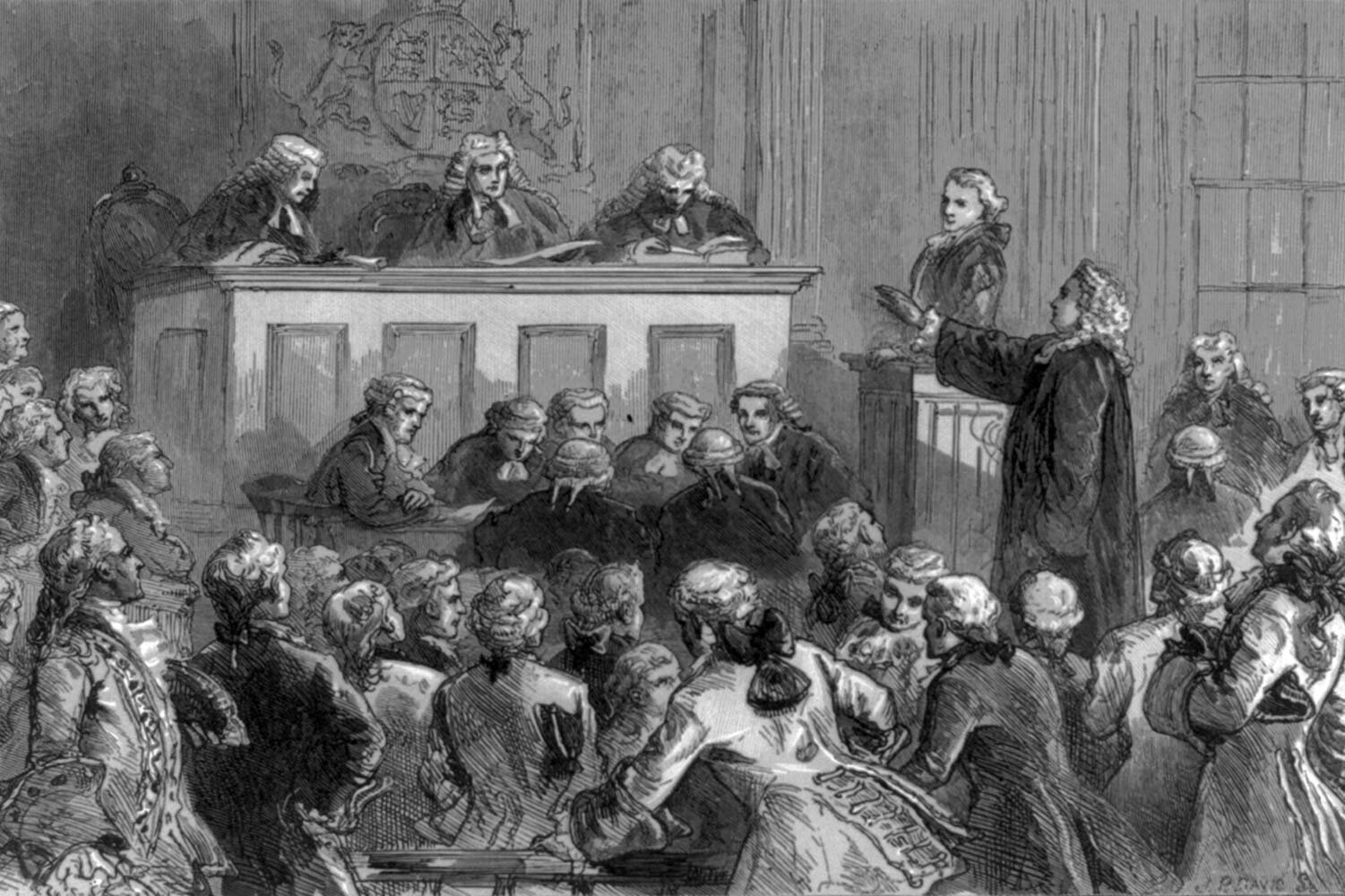
Have You Been Called to Jury Duty? See the Sixth Amendment in Action
The Sixth Amendment to our Constitution effectively established the procedures governing criminal courts. At its core, the Amendment ensures that those accused of crimes will get a fair trial and have every opportunity to clear their name.

Innocent Until Proven Guilty: How the Fifth Amendment Protects You
The Fifth Amendment contains some of the most critical protections in the Constitution for those accused of crimes, safeguards that help keep a tyrannical government at bay. In total, it declares five separate but related rights to all citizens.

The Bill of Rights: The Fourth Amendment
The Fourth Amendment is the fundamental basis for every American’s right to privacy. These freedoms are some of the most important granted to us by the Constitution, giving credence to the idea that “a man’s home is his castle”. As basic as these rights appears to us today, it was a relatively new concept prior to our Revolution.




